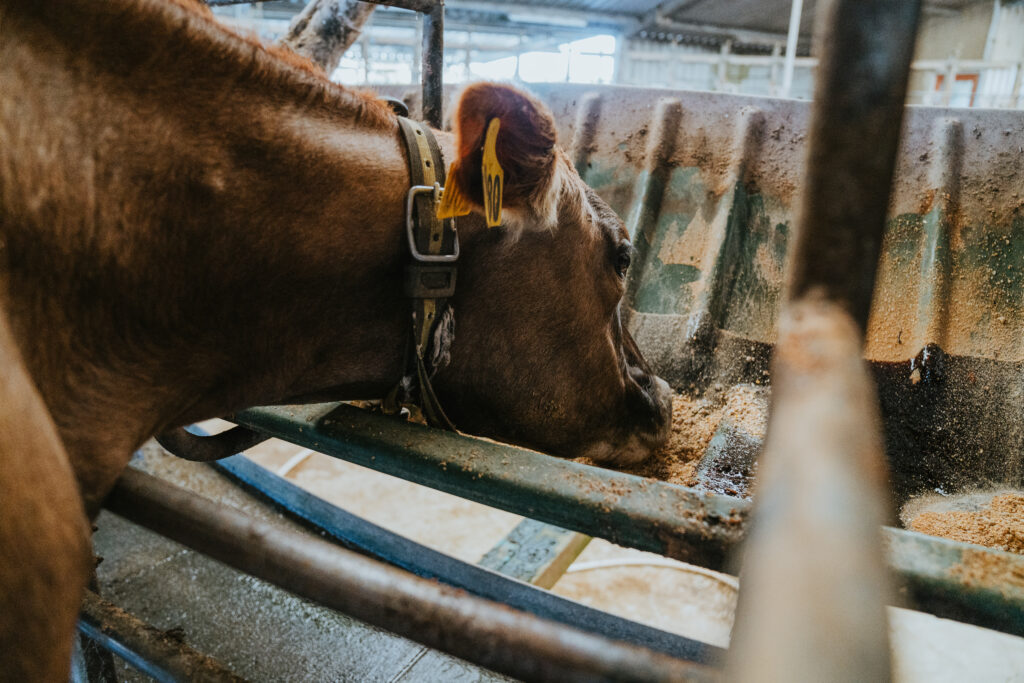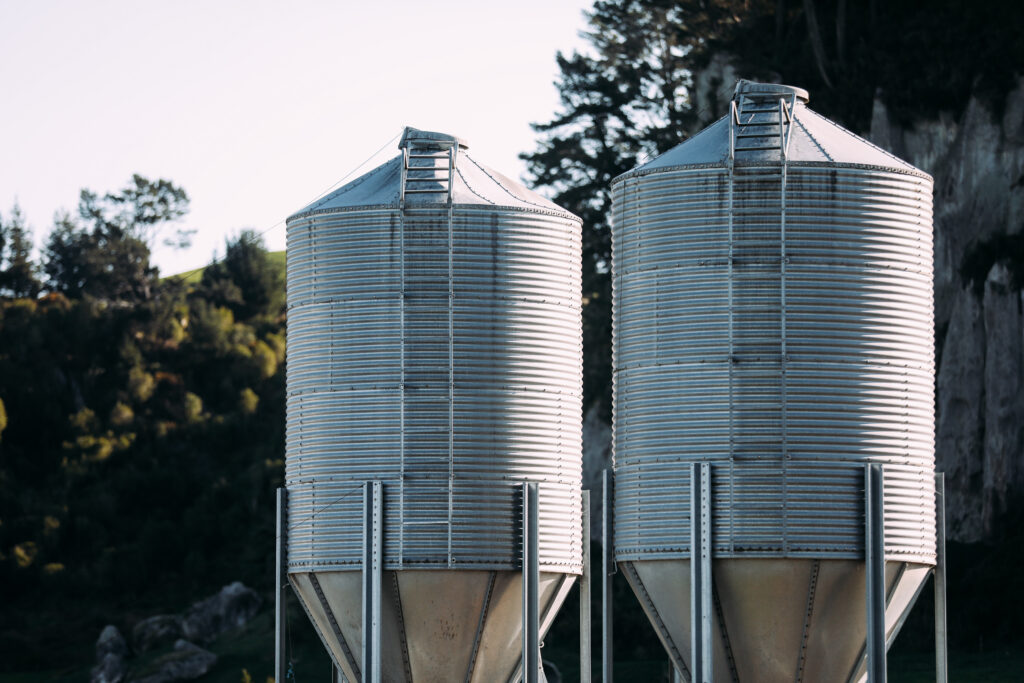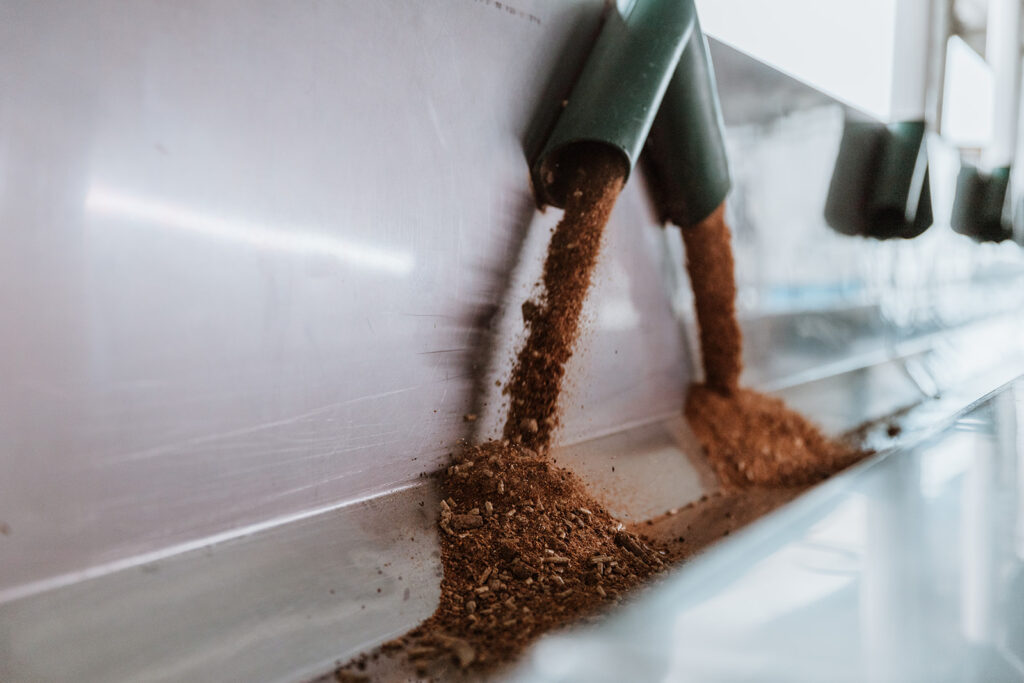Zinc a priority as FE risk heightens
Subclinical facial eczema can result in up to a 50 percent loss in milk production, according to DairyNZ.
As the summer nights get warmer and humidity rises, the risk of facial eczema increases, posing risks to farmers’ herd health and their bottom line.
Graincorp Feeds General Manager Daniel Calcinai is encouraging farmers to start their zinc dosing early ahead of the danger period.
“The fungus that causes facial eczema produces spores at the base of pasture when grass temperatures start to rise and humidity sets in, typically between January and May,” he says.
“There is no cure for facial eczema, so farmers should be dosing their herd with zinc before spores develop.”
Not all animals affected by facial eczema show physical signs, but there is likely to be underlying liver damage, which is irreversible.
DairyNZ estimates that for every clinical case of facial eczema there will be 10 cows with subclinical. And that can be costly, not only in dollar terms, but also for animal health.
According to DairyNZ’s ‘Cost of subclinical FE’ calculator, the total cost of reduced production and Body Condition Score (BCS) for a 600-cow herd at a $8/kgMS pay out, could equate to a loss of more than $16,000¹.
“High doses of zinc can be toxic for dairy cows, so it’s important to know the weight of your animals to ensure you get the dosage rates right and treat long enough to cover the risk period,” says Calcinai.
There are a range of zinc products available on the market. Selecting the right option should be based on the needs of your cows and the farm system you run.
GrainCorp has a range of zinc products, including Zinc Oxide, Zinc Sulphate Monohydrate and Zinc Sulphate Heptahydrate. Zinc can be added to your bulk feed, silo feed or even suspended in your molasses.
Insert comments here about the benefits of suspending zinc in molasses.
Exclusive to GrainCorp Feeds, LiquiPro 450 has been developed for 450kg cows to provide 12.5grams of zinc oxide per cow. LiquiPro Zinc 550 has been developed for 550kg cows to provide 15 grams of magnesium oxide per cow.
-ends-
¹ For milk and feed values and assumptions used in this calculation visit https://www.dairynz.co.nz/animal/cow-health/facial-eczema/



